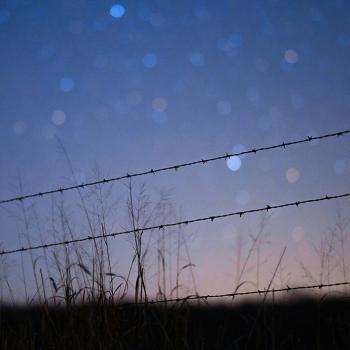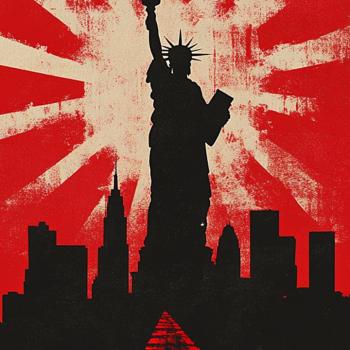In 1937, Mundelein became America's first Catholic leader to address the threat that Nazi Germany posed to world peace. In fact, he started an international incident when he called Adolf Hitler an "Austrian paperhanger and a poor one at that." Germany protested to the Vatican, and German newspapers called Mundelein "a gangster in a city of gangsters."
An imposing figure in public, Mundelein was shy in private. Comfortable in wealthy circles, he never forgot his roots. Although some considered him conceited and ambitious, he was undeniably generous and quite compassionate. Not a deep thinker, he encouraged scholarship, but while seminarians weren't permitted to read popular novels, he read them voraciously. An indiscriminate collector, he gathered "priceless antiquities and old junk."
Plagued by poor health in his last years, George Mundelein died on October 2, 1939. As Archbishop of Chicago, he truly put the Catholic Church "on the map." By then, Chicago was America's largest diocese, with 1.5 million Catholics and 422 Churches. Any statement on just about any subject by the archbishop would make front-page news.
The Catholic Church isn't a business, but it does need human talents to help forward its mission, people to keep it financially and administratively strong enough. Mundelein did this extremely well. Although he might be considered too ostentatious today, he did help raise the Catholic community's self-confidence and earned it respect. And he showed the public at large that Catholics had arrived in America.





